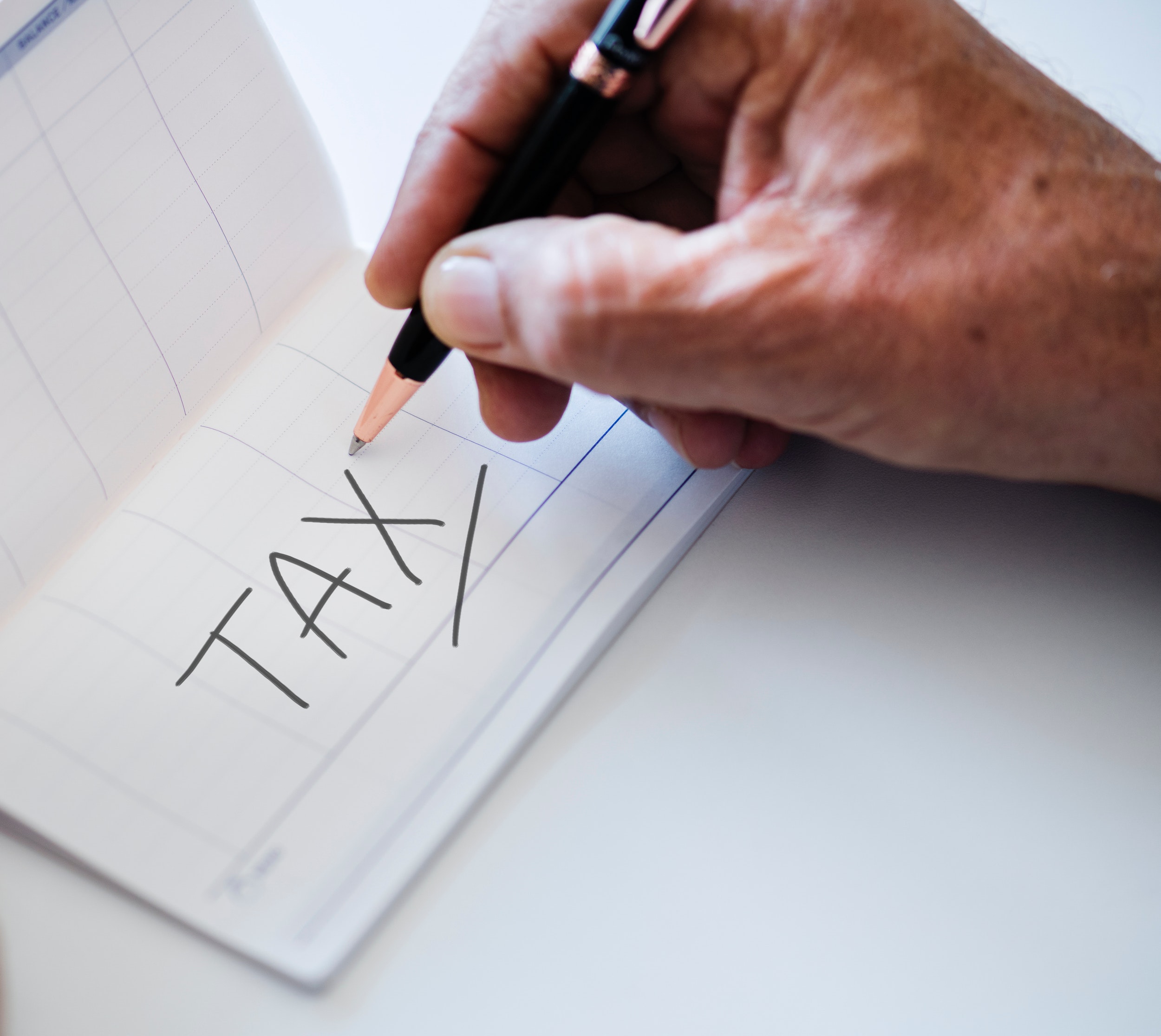Remember the days of the tax free Internet purchase? Me neither, because those days never really existed. That said, in the wake of the recent U.S. Supreme Court decision in South Dakota v. Wayfair, Inc. , the risk of non-collection for said taxes has shifted from consumer to company – and anyone who makes an online sale should sit up and take notice.
A Few Things Before We Get Started
As with most of my posts, I like to set a few baselines before we dive in:
1) Use Tax: The reason the tax free Internet purchase never really existed.
Use Tax is the tax you’re supposed to pay (and remit yourself!) on purchases from out-of-state retailers. That’s right! You’re supposed to keep track of your out-of-state purchases, note if that business collected Wisconsin sales tax with your purchase, and if not, remit the appropriate tax yourself! Don’t believe me? Here’s the link to the Department of Revenue FAQ.
2) Quill is Dead: If you’re an online retailer I’m sure you’ve heard this old adage: “I don’t have a location in Wisconsin, and I don’t even have any storage facilities there, so I don’t need to collect sales tax!” If you’d made that statement a few months ago, you might have been right (or mostly right), but not anymore.
The Good Ol’ Days
In the days pre-Wayfair, the risk of non-collection for out of state sales tax rested with the consumer. If I made an online purchase at NewEgg.com for $5,000.00 and didn’t report that purchase on my state tax return, I was at risk for underpayment, audit, penalties, etc. – but not NewEgg.
The reasoning was: If NewEgg didn’t have a “substantial nexus” (a.k.a. some type of operation) in Wisconsin, the State, via the Department of Revenue, couldn’t compel NewEgg to collect and remit the tax appropriately. Quill Corp. v. North Dakota. The basis for that reasoning – the Commerce Clause of the U.S. Constitution – and the previous difficulty companies had calculating and remitting taxes to all 50 states (and myriad municipalities).
The Problem
The problem for State governments: Most people didn’t pay Use Tax, budgets are tight, and in the age of the online purchase, a big piece of taxable pie is missing.
The Wayfair Decision and What it Means
This has been a long time coming and did not happen by chance. Many State legislatures passed new laws compelling “out of state” retailers to collect tax – purposely trying to force the U.S. Supreme Court to revisit its decision in Quill. and eventually, the Supreme Court did.
What does that mean for you?
1) Don’t freak out! Implementation of the new rules won’t go into effect in Wisconsin until October 1, 2018. It’s not a huge amount of time, but it’s not tomorrow either. You have time to craft a solution!
2) Visit the DOR website here for more information.
3) A “small-seller” exemption applies! Because what rule would be complete without an exception! If your business makes only $100,000 of sales in Wisconsin; or only has 199 total transactions with Wisconsin consumers, you don’t need to worry! Does the exception apply to you?
4) Regardless of whether or not the exception applies, it’s time to fortify your business for the future, and more taxation is inevitable. Schedule a meeting with your accountant, investigate software platforms that make it easy to remit tax to various states, and schedule an appointment with your favorite attorney to discuss in more detail. Your situation will be unique!
If you need help, OGS is here to assist you!
*Note to the legal nerds: Of course, the Quill decision is much more nuanced than I’ve detailed here. If you want to talk nerdy about it – I’d love to – just not in this blog post!

